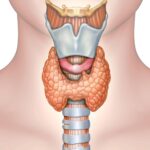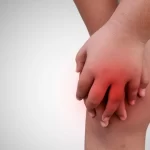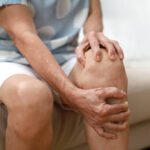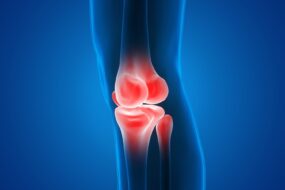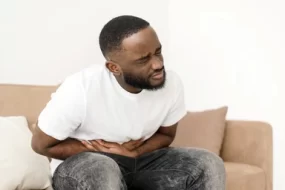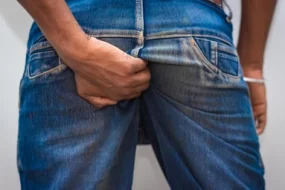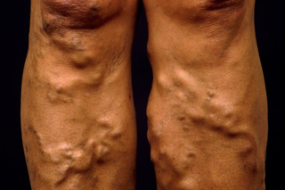
Diverticulum inflammation. A protrusion in the colonic wall that resembles a sac is called a diverticulum.
Risk Factors
- Dietary- low fiber diet, high consumption of red meat and fat
- Genetic- Caucasians left-sided diverticulitis, Africans and Asians mostly right-sided.
- Unspecified- patients with autosomal dominant polycystic kidney disease on dialysis.
Pathogenesis
1. Elevated intraluminal pressures- forces submucosa and mucosa into weak areas of the gut’s wall
2. Colon wall degeneration changes- collagen weakness associated with ageing
Clinical Features
Presents as acute chronic or complicated diverticulitis
1. Acute
As a consequence of diverticular obstruction
- Nausea and vomiting, urinary urgency, left lower quadrant pain, diarrhea or constipation,
- Fever (low grade), tenderness in the left lower quadrant with or without a mass
2. Chronic
Recurrent pain in the left iliac fossa, change in bowel habits, passing mucus per rectal
3. Complicated
Lower gastrointestinal bleeding, fistula(colovesical), bowel obstruction and perforation.
Patients taking steroids and the elderly may present with no sign.
Staging
Stage 1. Mesenteric or pericolonic abscess
2. Retroperitoneal/pelvic abscess
3. Peritonitis(purulent)
4. Peritonitis(fecal)
Investigations
- Full blood count – leukocytosis
- Abdominopelvic CT (helpful in tracking patient response to conservative management)
- shows fat stranding, bowel thickening (localized and >4mm),
- diverticular in the colon and any signs of complication
Management
In case of diverticular bleeding- ABCs for resuscitation, colonoscopy to locate and stop bleeding, embolization/angiography if colonoscopy can’t find bleed and surgery (segmental colectomy with end to end anastomosis, subtotal colectomy should be the last option)
Uncomplicated
- Conservative approach
- Nil by mouth, then clear fluids, then high fibre diet
- Antibiotics
- Analgesia (10-14 days) iv metronidazole and ceftriaxone or oral augmentin
- Follow up with colonoscopy after 4-6 weeks to know disease extent and rule out IBD, neoplasia, Colitis
Complicated
Surgical approach
Peritonitis – ABCs, antibiotics followed by emergency laparotomy for exploration
- Perforation-two stage surgery
- Obstruction-two/one-stage surgery
- Fistula-one stage surgery, elective. It mostly involves the sigmoid colon
- Abscess-drainage guided by CT plus one-stage surgery


